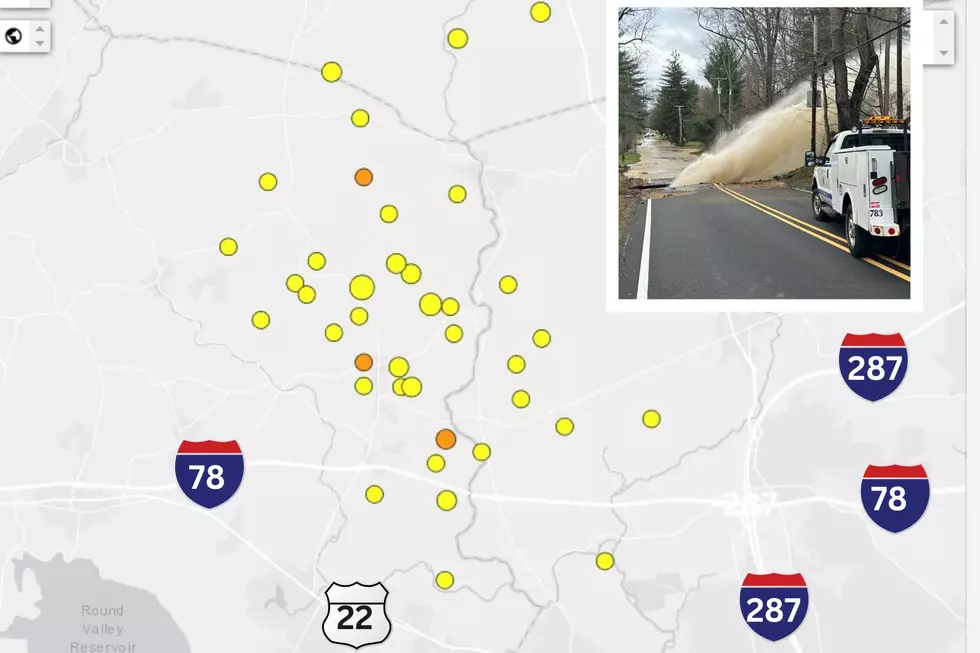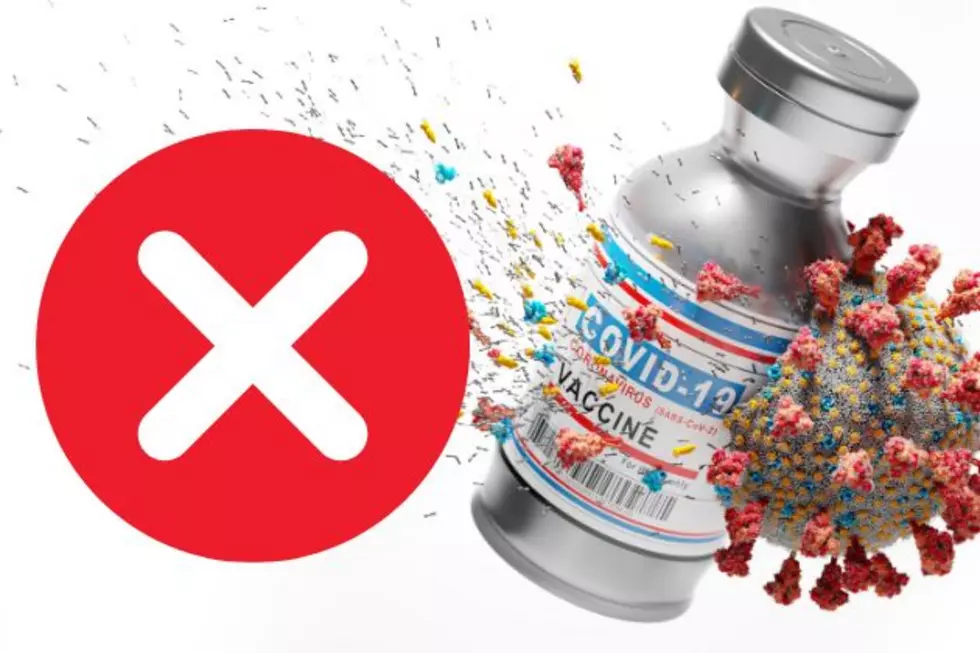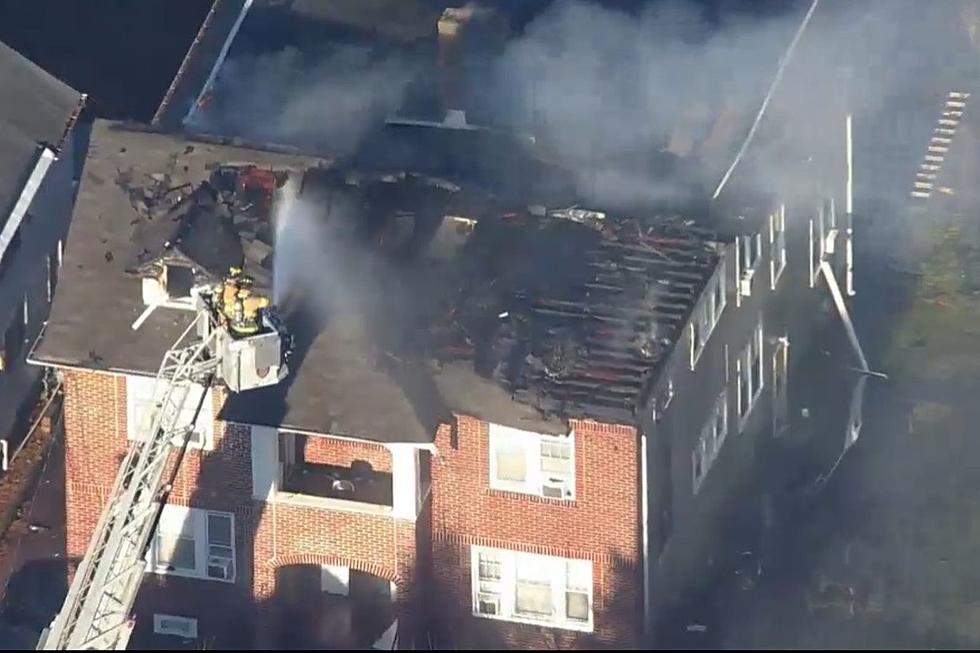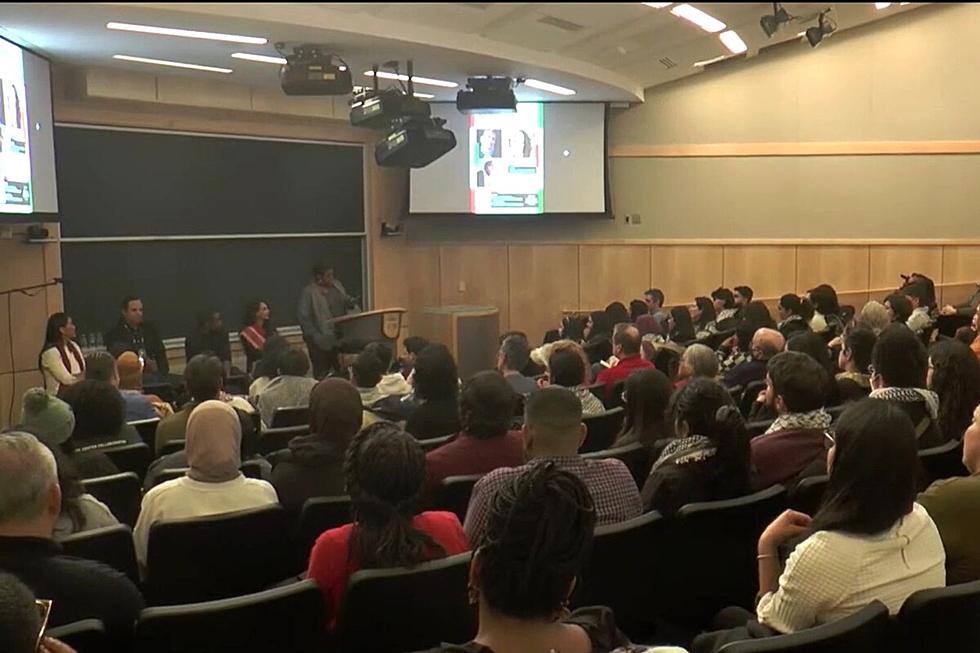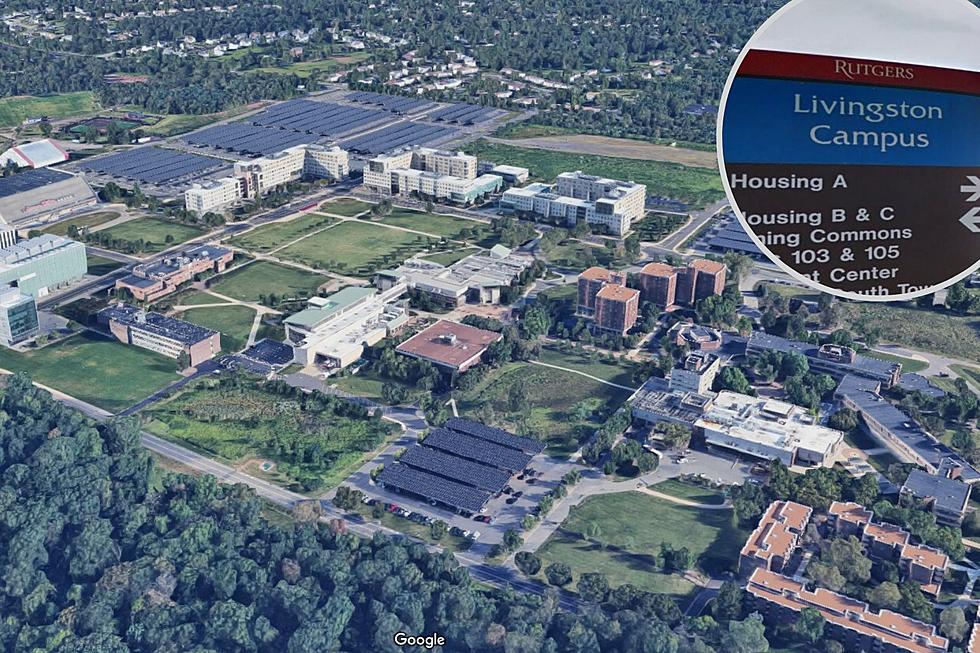
After NJ murder-suicide: A look at stopping domestic violence early on
Authorities in North Jersey continue to investigate a horrible murder-suicide. Wednesday night, Scott Sabia shot and killed his wife Michele outside their Carlstadt home, then barricaded himself inside the house before taking his own life.
Neighbors have expressed shock at the tragedy, but experts tell us in almost all domestic violence cases that spiral out of control, there are clear warning signs early on that something in a relationship is very wrong.
We need to note — the experts we spoke to don't have inside information about the Sabia case, and can't make claims about what may have happened in that particular situation. But they can say this: Rarely is a murderous act the first abusive one.
According to Nicole Morella, the director of public policy and communications at the New Jersey Coalition to End Domestic Violence, domestic violence is rooted in power and control, and in many cases it may not initially be physical in nature.
“It could include the victim or even the children reporting feeling increasingly isolated from their community, having to report where they’re going constantly to the perpetrator,” she said. “It could be that the victim feels that they don’t have contact with family and friends, or feel free that they can communicate what’s going on in their relationship to other people outside of the relationship.”
She stressed friends, relatives and neighbors need to look for “any type of threat of harm, whether it’s towards the victim, towards the children, as well as any threats of the perpetrators committing suicide is often a high risk — it’s certainly a red flag.”
Judy Postmus, the director on the center on violence against women and children at Rutgers University, said in some cases there are indications of a problem when an abuser is verbally putting down his partner, “calling her names, and a lot of times with those kinds of things you start seeing it in public, talking poorly about her and not allowing her to talk to other people, she might be too timid or afraid to make any decisions on her own.”
She added “when someone is controlling someone else there are a whole variety of tactics that are used. There’s emotional abuse there’s economic abuse, there’s stalking, there’s extreme jealousy.”
Morella added other risk factors to watch out for may include:
• Access to firearms. (Authorities say a shotgun was recovered next to Scott Sabia's body)
• A history of mental health or substance abuse issues. (In the Sabia case, several people have described Scott Sabia as clinically depressed.)
• A history of abuse during pregnancy.
• A loss in the abuser's life.
“Possibly fear or recently losing employment or losing other family or other important things in their life also could add to the pattern,” she said.
She stressed domestic violence is defined by a pattern of behavior a person would use to establish and maintain control, “so if the perpetrator feels that power is being challenged and they’re losing control, they will do anything in their power to maintain that control, and that can lead to fatal violence.”
She added “people need to realize perpetrators of domestic violence can be anyone in the community, so it’s important to stay aware and vigilant.”
So if you see any of these warning signs, what should you do, who should you talk to?
Postmus noted the police will only intervene if there’s physical violence going on, “because there are no laws against other forms of abuse (besides sexual abuse).”
She stressed a good recourse is the 24-hour Coalition to End Domestic Violence hotline, 800-572-SAFE.
“It’s not just for victims,” she said.
Postmus said you can also directly talk to the victim in private.
“Just say I’m here for you, there’s help if you need it, discretely give her numbers or website information,” she said. “And the other thing that people can do is to also challenge the abuser, especially if you see the behavior, and say hey man, that’s not right, don’t do this. Sometimes that peer pressure, especially if it’s man to man can make a difference. The pressure we can put on each other sometimes can make a difference.”
Morella also suggested visiting the Coalition to End Domestic Violence website.
“We encourage people if they feel concerned in a relationship they should feel comfortable reaching out for help,” she said. “We can help them access what’s going on in their relationship, and help them map out a plan that is safe for them.”
More from New Jersey 101.5:
More From New Jersey 101.5 FM
